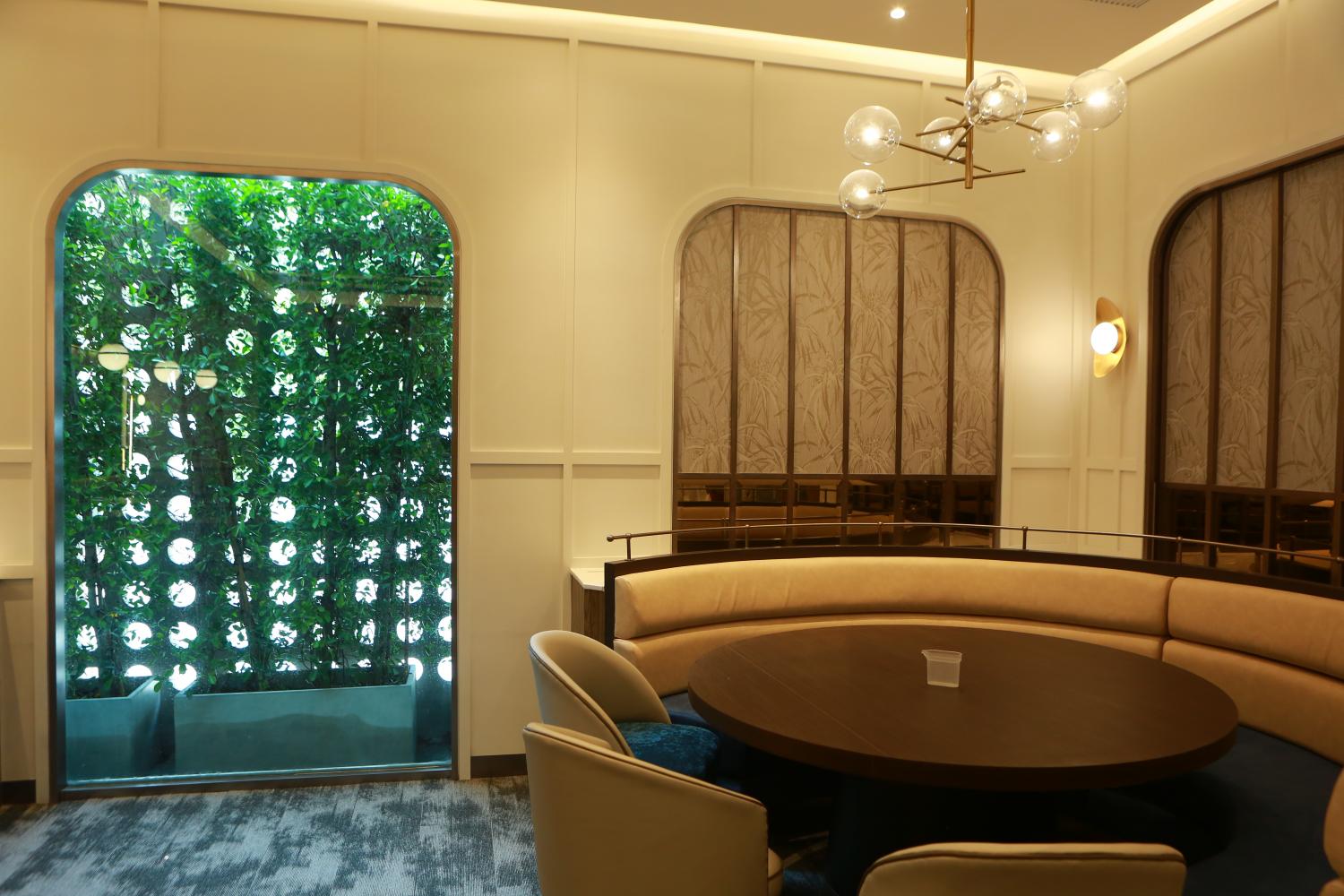Covid-19 has been a challenge for the world, but never more so for the F&B industry. Most existing restaurants adapted by offering delivery or a private chef experience in the comfort of your home, while others shut shop temporarily, a few permanently. Though the pandemic brought along unknown problems for existing restaurants, it hasn't deterred a few others from starting afresh. Nothing stops the food scene in Bangkok from growing, not even a global pandemic. ELITE speaks to the people behind new restaurants, which have opened or are opening soon
CADENCE AND CAPER
BY DAN BARK AND FAY TRAGOOLVONGSE
Why did you decide to open two restaurants?
Bark: Upstairs At Mikkeller is merely moving to a new location with a new name. Cadence, the fine dining side, may not be for everyone but now guests can come to Caper every week if they want to, because it's more casual. I have always enjoyed running two dining rooms. When I was working at fine dining restaurants there was too much waste and if we had a casual dining room, the waste could be used there. We wanted to move to a place where our staff can also grow and be challenged, not just us. We've got to keep moving forward.
What do the restaurants focus on?
Bark: It still is progressive American; more refined, more premium ingredients. Despite the new menu, because we have our distinct style when it comes to flavour composition, people will automatically know 'this is Upstairs'. I can't repeat dishes in a new place, that's a big no-no for a chef.
Fay: We have to say bye to Mikkeller. When Cadence starts, we will slowly close. When people call to make a booking, I want them to know we are moving to a different location with a different name because literally that's it. We want people to know that we have grown but you will still feel the same love. The quality of cooking is still the same across both restaurants; it's the same team. With Caper, we want something with more energy, something fun and upbeat. Cadence is more chef Bark's culinary style because he believes in a course-menu.
Bark: What separates the two dining rooms is the vibe and energy. The energies are divided with a conscious effort. Some people are naturally good at casual food, some are naturally good at fine dining food. We're putting that energy into food. But when it comes to service, we're putting our mind into creating a more upbeat vibe at Caper and at Cadence its rhythm and flow. There's more balance. I'm more Cadence, while Fay is more Caper.

Dan Bark and Fay Tragoolvongse. Photo: Somchai Poomlard
How has Covid affected the restaurants?
Bark: Fortunately the way Caper and Cadence are designed, the tables are already a metre apart. It's easier to manage in terms of inventory than Upstairs. As a kitchen you always have to work clean. I was actually laughing because why do you have to remind people to wash their hands? What were they doing before? I'm a pretty anal person by nature. We were already working at an almost Covid-regulated cleanliness level.
Do you still see a market for fine dining?
Bark: We need this experience more than ever right now. Humans are built to socialise. I just look at it as dining out. I've kind of learned that people don't quit; we will beat this, get over it and there will always be people who want this experience.
Fay: There are still people in Bangkok who look for this experience. Fine dining is easier to control in terms of protocols and measures than normal dining. A lot of fine dining restaurants have the luxury to spread their tables out.
Chef Dan Bark's Michelin-starred Upstairs at Mikkeller will find a new home at Cadence by Dan Bark, which opens on July 1. Caper opens two weeks after. Visit FB.com/CadenceRestaurant.

Nusara, on top of May Rai Wine bar at 22 Maha Rat Road Photos: Pornprom Satrabhaya
NUSARA
BY CHEF THITID 'TON' TASSANAKAJOHN AND CHAISIRI 'TAM' TASSANAKAJOHN
Why did you decide to open Nusara?
Ton: First I planned to serve royal Thai cuisine, not fine dining just casual, catering mostly to tourists. However last year, our grandmother passed away and I promised her that I would create something to keep her legacy alive. So I changed this into a fine dining restaurant to honour her and named it after her. We've designed it with a tad of modernity, which is how I would describe my grandma.
What does it focus on?
Ton: At Nusara, the menu is purely Thai; it is traditional Thai food and the only change would be in presentation and cooking techniques. There are a few dishes that I have created in the last seven years that do not fit the identity of Le Du. Nusara will showcase those dishes. The style at Nusara takes inspiration from kaiseki. Traditional Thai food has always been served family style. But how do those unfamiliar with Thai food understand this to enjoy it? So, I've tried to cut this off and serve exactly what I, the chef, want you to eat.
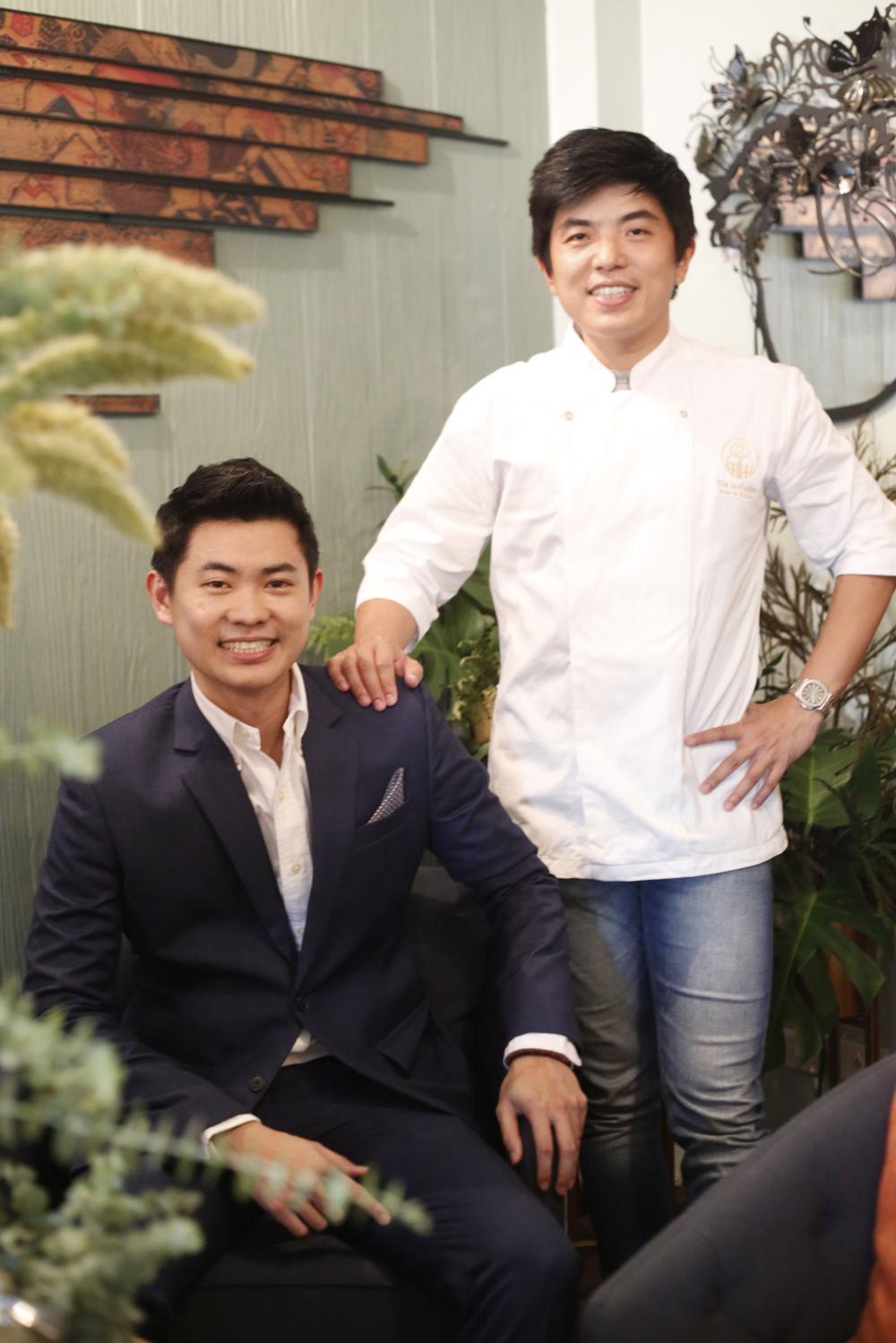
Chaisiri 'Tam' Tassanakajohn, left, and Thitid 'Ton' Tassanakajohn of Nusara. Photo: Pornprom Satrabhaya
How has Covid affected the restaurant?
Ton: The kitchen space and restaurant in Nusara are small, but the situation has given us the advantage of group or smaller seatings. Nusara is like welcoming people into our home for dinner.
Do you still see a market for fine dining?
Ton: You can see from the history of humankind, we've been through a lot of stuff, even the Spanish flu. We had luxury restaurants before then and after that fine dining still existed. I don't think Covid will kill fine dining, despite hitting it hard. All may not survive, but most of us will survive.
Nusara is chef Ton's fourth restaurant after Le Du and Baan, and is located above his pad Thai and natural wine bar, Mayrai. Visit FB.com/nusarabkk.

Paolo Vitaletti, left, and Manuelo Pintore of Giglio Trattoria Fiorentina. Photo: Varuth Hirunyatheb
GIGLIO TRATTORIA FIORENTINA
BY CHEFS MANUELO PINTORE AND PAOLO VITALETTI
Why did you decide to open Giglio?
Pintore: We decided to open Giglio because Bangkok is devoid of Florentine cuisine and I am from Florence. I have grown up in Florence and it is part of my tradition and culture. I also wanted to get back to having fun in the kitchen.
Vitaletti: For Italians, a trattoria is a family-run restaurant where you usually go after work for either lunch or dinner where the food is good and focuses on simplicity. We wanted to recreate that for Bangkok.
What does it focus on?
Pintore: The menu focuses on the food you eat in school, at home, when you start working or working in a restaurant in Florence. Squid is in season now, so it is stuffed and on the menu. The idea of this place is where you can come and spend 500 baht or 700 baht and still have a good meal. It is a place for people from all walks of life, a place where everyone is comfortable and unpretentious.
Vitaletti: In Florentine cuisine, you are always going to have a panna cotta or a tiramisu. There will always be staples, like fish or a fresh pasta. Though things that are seasonal, like wild berries, will also make appearances on the menu. The menu changes naturally and randomly.
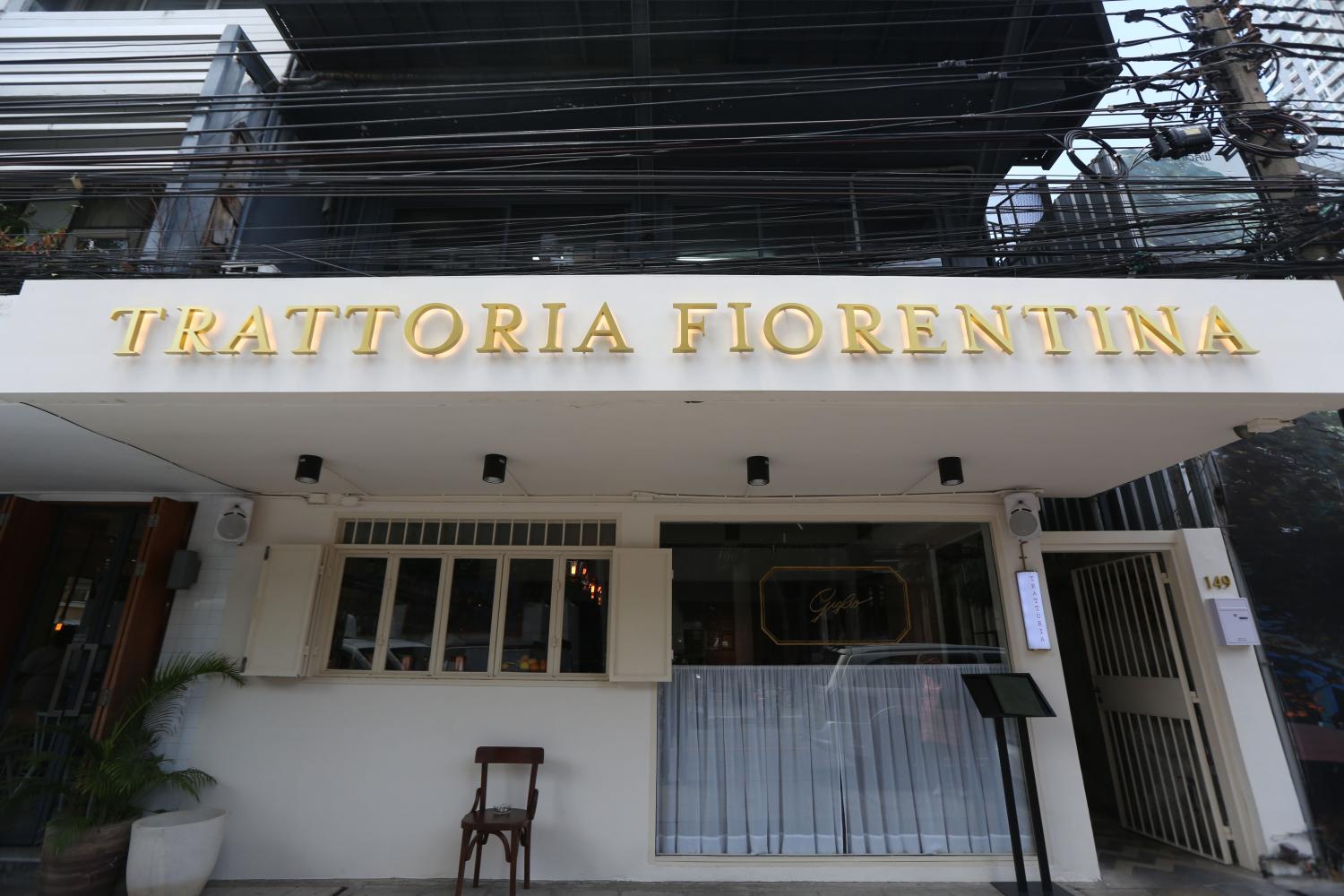
How has Covid affected the restaurant?
Pintore: We can only do half the covers we would normally. We have to be more flexible and organised because produce is not readily available. I could not have traditional dishes like tripe or source things from Florence.
Vitaletti: We were scheduled to open in April and started delivery to keep our cash flow going. However, Covid also has a positive side: now the focus is on seasonal and local, especially fruits.
Do you still see a market for fine dining?
Pintore: There will always be space for fine dining, smaller maybe. But the real fine dining will always exist.
Vitaletti: Fine dining is related to luxury, which begs the question: What is luxury now? Fine dining is fine eating and good cooking, by someone who has the perception of the product and seasons. For me, fine dining could be even eating at Giglio without gloved service. People with money will still want to spend it.
Giglio Trattoria Fiorentina is open. Visit FB.com/gigliobkk.
MAZE DINING
BY CHEF PHATTANANT 'MAY' THONGTHONG
Why did you decide to open Maze Dining?
My business partner has been my fan since I was on Top Chef Thailand and since my pop-ups in Chiang Mai. He asked me if I would like to open this with him in Bangkok and since my dream has been to open a fine dining restaurant, Maze Dining was born.
What does it focus on?
Maze Dining focuses on my cooking experiences. I would love to make northern Thai cuisine, which is my native food, famous. A southern Thai restaurant has got a Michelin star but not one northern Thai restaurant has one. There are not many chefs cooking northern Thai fine dining.
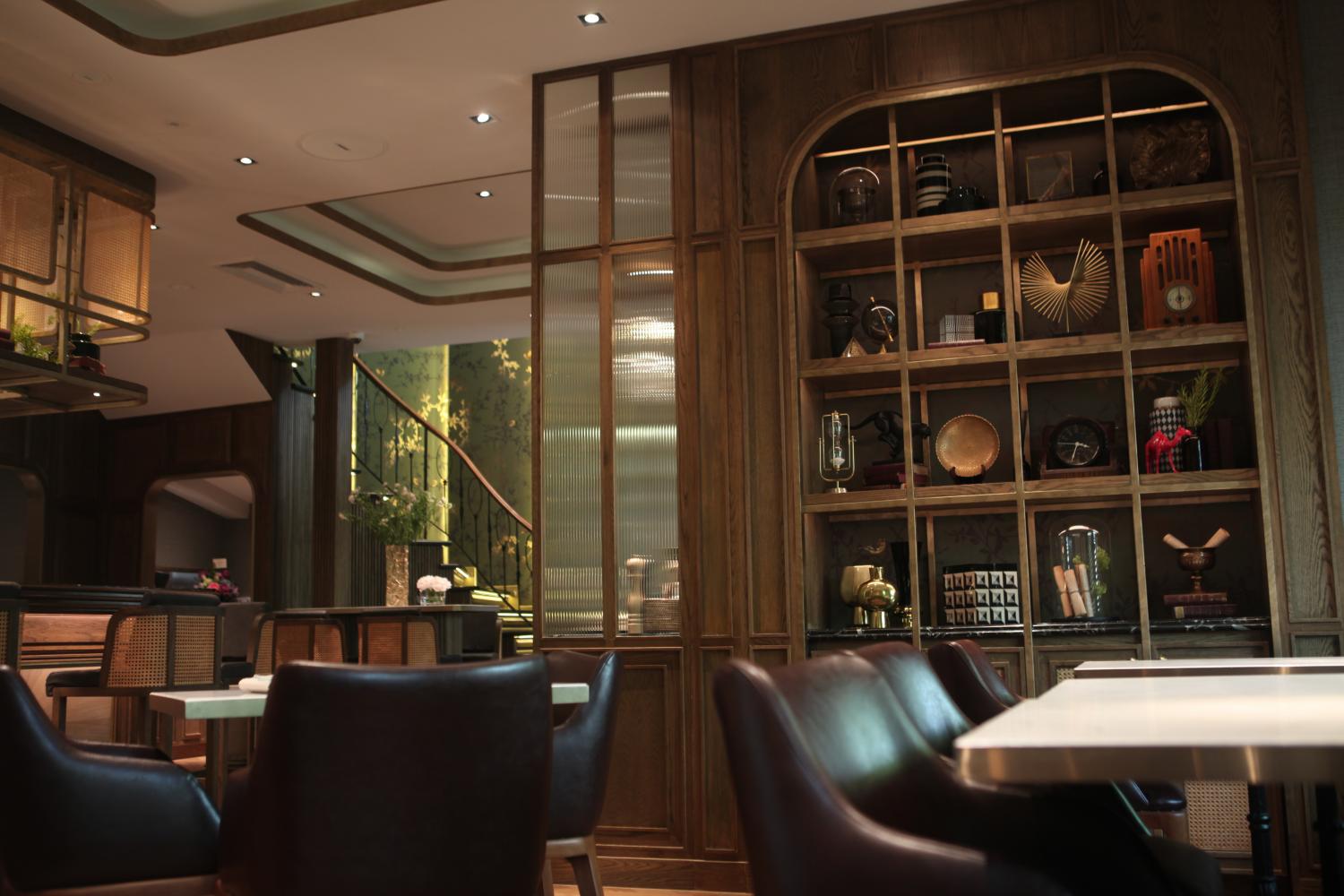
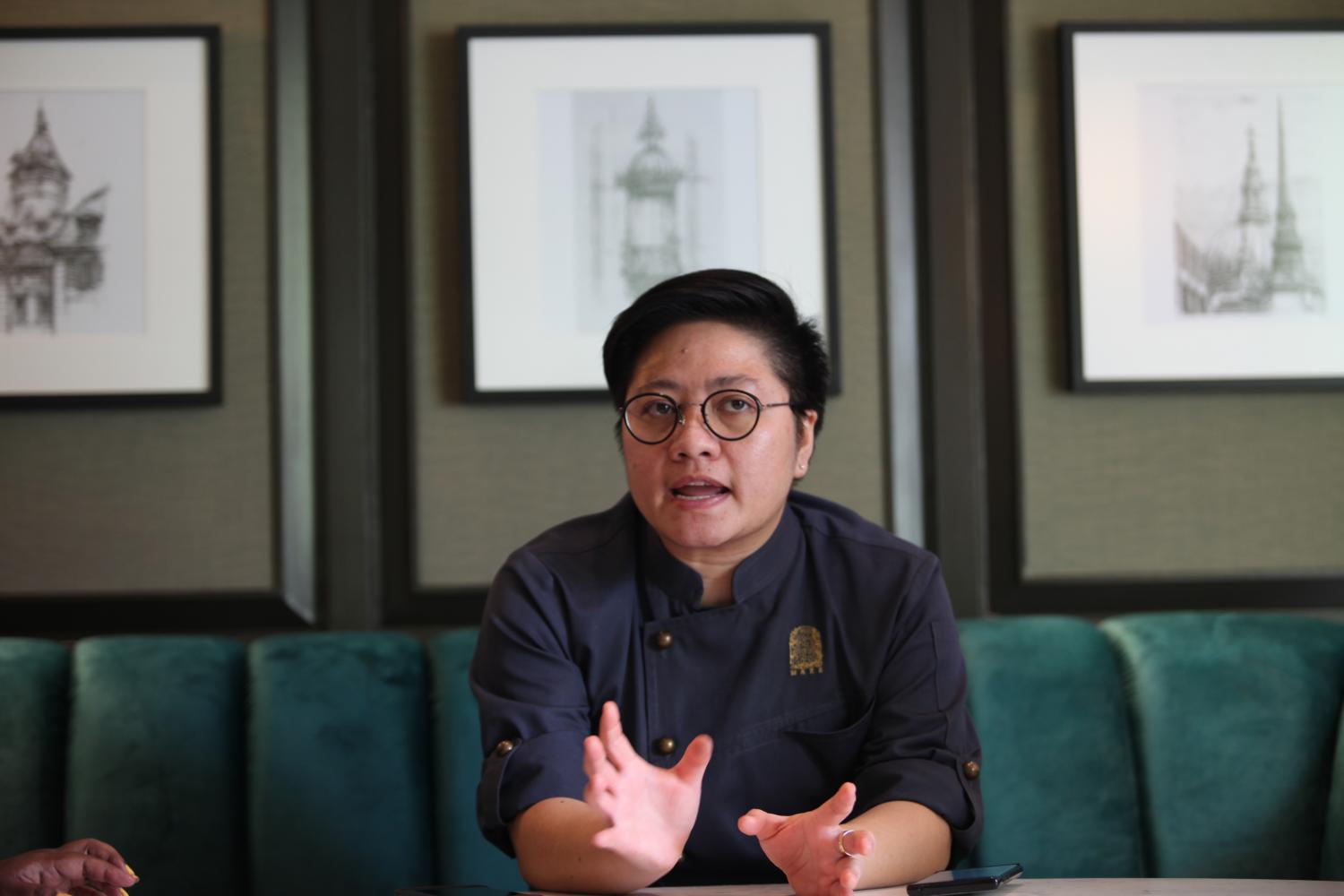
Phattanant 'May' Thongthong. (Photo: Apichart Jinakul)
How has Covid affected the restaurant?
People still need a nice place to eat and hang out. We started delivery due to the lockdown, which we will continue. The kitchen has adapted the most because the supply of produce has been affected. Getting produce from other provinces is more difficult than usual.
Do you still see a market for fine dining?
For people who are unaffected by Covid, they would still want to spend money on nice food in a nice place. And we have everything for them; a nice restaurant and good food.
Maze Dining's chef's table is open, while the a la carte will open in July. Visit FB.com/mazedining.

The G.O.A.T, Ekamai 10, Yaek 2. (Photos: Pornprom Satrabhaya)
THE G.O.A.T
BY PARKORN 'TAN' KOSIYABONG
Why did you decide to open The G.O.A.T after Ekamian chef's table?
I am born in the year of the goat and I am a huge hip-hop fan, hence 'The G.O.A.T', which stands for 'the greatest of all time'. We are trying to create dishes using the greatest ingredients in Thailand. However, we will now open in October. Meanwhile, we are available for private home dinners.
What will it focus on?
My food is an experience of my travels around the world, with my heritage, half Thai and half Chinese, thrown in. The menu will be based on textures and flavours that I like, with a focus on local ingredients. Dishes that remind you of a particular cuisine but there's three other cuisines within the dish, this is my cuisine. There will be more technique and detail compared to Ekamian. There will be seasonally-driven tasting and a la carte menus.

How has Covid affected the restaurant?
If everything goes back to normal, we will cater to smaller groups of people at a time. I am now documenting where all my ingredients come from and the people behind them. Most of them I have worked with for years. I'm trying to document and track down every single ingredient.
Do you still see a market for fine dining?
It depends on the restaurant's target. If they had 50% local and 50% tourists, with hardly any tourists coming in, this would impact them. If we push local marketing, we will be back on track. Ultimately, people will still want to go out and spend money.
The G.O.A.T is on Ekamai 10, Yaek 2, and opens in October.
